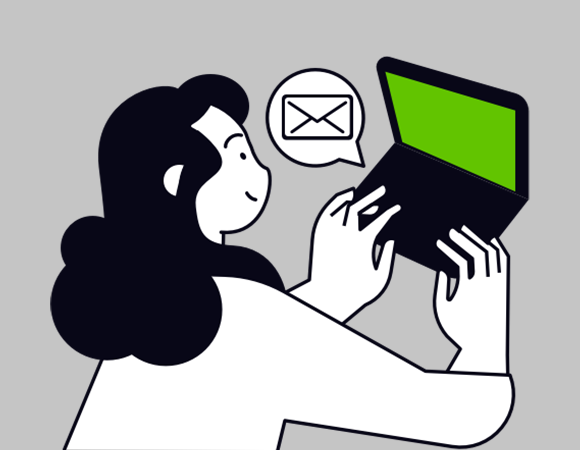Words are powerful. They help to define your brand’s personality. In email marketing, the right phrasing can make the difference between open and ignore.
But sometimes copywriting is more copy and less writing. How many times have you seen the following phrases recently?
Just for you
A spectacular summer sale – just for me, and me alone? Well, don’t I feel special! Call me a skeptic, but I suspect it’s actually for me and your 799,999 other subscribers.
Just/only for you crops up pretty regularly in email marketing. Nine times out of ten, it’s used in a context where it is both meaningless and absurd. Dishonest too, but that particularly unfortunate quality is usually drowned out by the silliness. Most times when I see this phrase, I’m not even sure what exactly the brand is pretending to be true.
‘You’ may be the magic word of advertising, but a misplaced ‘just for you’ is more hooey than Houdini.
[Verb] your [adjective]
Find your incredible! Discover your awesome!
Cease your unimaginative, more like. It’s ok to creatively bend the rules of English. Copywriting wouldn’t be much fun if we always had to stick steadfast to a strict set of rules. But when the linguistic rule‑bending is an act of copycatting rather than innovation, then it starts to look less like cool copywriting and more like grammatical incompetence. Write your something new.
Don’t miss out
Yes, I know: FOMO. Truth be told, I have never been comfortable with this concept. It’s ethically questionable, and I suspect that the modern shopper is more aware than ever of the sales tricks up a brand’s sleeve. This is particularly true when a sender hits their audience with the same panicky phrases time and time again. Overuse diminishes effectiveness.
That’s my personal position on the matter but the stats tell a different story, for now. The numbers tell us that FOMO works. CXL‘s research reveals that a countdown timer, for example, can push up conversions by more than 300%. Urgency sure brings in the money.
But ‘don’t miss out’ is bottom‑of‑the‑barrel FOMO. It’s generic and ignorable. Motivators such as offer end dates and limited stock give people a real reason to act. ‘Don’t miss out’ is copywriting fluff.
Click here (to)
The computer mouse was invented in the 60s, came into popular use in the 80s and became a household essential in the 90s. People have been clicking things for a while.
In well‑designed email (or even an adequately designed one), the clickable elements are self‑evident. Plastering CLICK HERE on a button tells the user precisely nothing. It’s a lever labelled pull me. Thanks, I know how to use it, but I’d love to know what it does before committing to the act.
Click here also pops up regularly in passages of text. Click here to see the full terms and conditions, click here to download the PDF. In this context, the phrase is merely redundant but in such a way that it gives a mailing an unfortunate ‘My First Marketing Email’ quality.

Maximise / power up / supercharge…
Wow, this company doesn’t just promise to increase our sales. They’re going to ultrarocketblast them. Let’s give them our money, right now!
Over-the-top choices – or inventions – of verbs are an extreme side effect of the sell the benefits principle. But there are a couple of problems with this phrasing: it’s been done to death, and it was never that great in the first place. Human beings simply do not talk like that.
Keep the actions grounded in authenticity, incorporate some demonstrable stats, and let the numbers speak for themselves.
What’s good copywriting?
This article probably reads as a list of my least favourite pieces of copywriting. And that’s because it is. Copywriting is a creative endeavour and that always brings subjectivity into play.
For me, the best email copywriting is a blend of directness and true inventiveness. I see few brands pulling it off. But those that do, send the emails I look forward to opening. Maybe yours is one of them.


